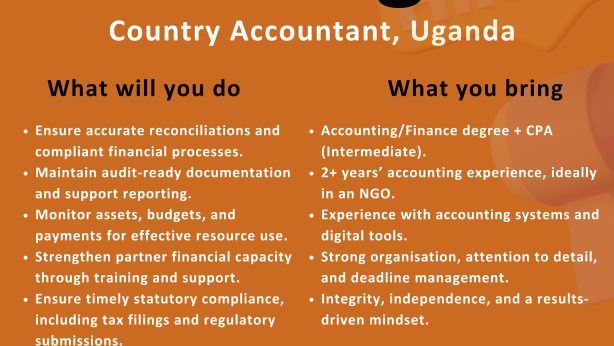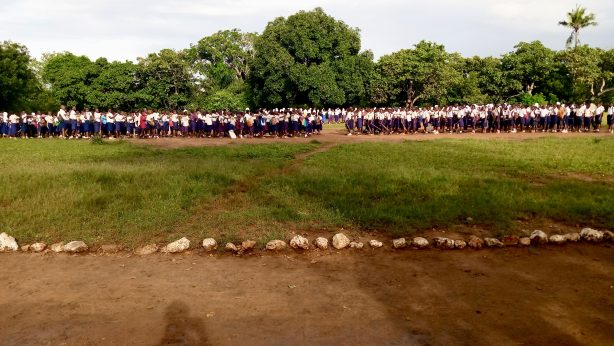Child marriage leads to lower life quality for young girls and their children.
To mark International Women’s Day 2020, two young Tanzanian activists have launched a film on child marriages in partnership with Msichana Initiative and Twaweza. Elias Maeda and Festo Henry Msangawale are passionate gender justice advocates who want to send a message to communities and leaders across the country to allow young girls to fulfil their potential by ending child marriages.
Although the law protects young girls in school from being married off and cutting short their education via the Education Act, the Law of Marriage Act allows for girls to be married under the age of 18. This means that girls outside the school system, already likely to be from more vulnerable households, are not protected. Currently, there is a court order mandating that the Law of Marriage Act also be changed to safeguard all young girls but this has not yet been implemented.
In Tanzania, 2 out of 5 girls are married before their eighteenth birthday. The country could be losing as much as TZS 637 million annually (estimated, 2015) in unearned income due to child marriages. In addition, data show that only 1% of young girls aged 15 to 19 who are married are in school, compared to 45% of their peers of the same age who are not married. The data further show that educated mothers ensure stronger health outcomes for their children.
- Among women with no formal education, 41% give birth in health facilities compared to 89% of their peers educated to secondary level or above.
- Women with no formal education are less likely (38%) than those with secondary education or above (64%) to seek treatment for a child with a fever within one day
- The children of mothers with no formal education are more likely to test positive for malaria, 21%, than those whose mothers have secondary or higher education (4%)
The short film produced by young activists, Elias Maeda and Festo Msangawale, cover all of the key issues underlying child marriage. In the film, titled Hellena, a couple are driven in desperation to marry their young daughter off. Child marriages disproportionately impact poor families: women from poor households are three times more likely to have married as a child (46%) compared to their wealthier peers (16% were married when they were children). Rural women are also more likely than urban women to be married under the age of 18 (37% against 21%).
And these young girls who get married as children have much lower educational opportunities. Among girls age 15 to 19 who are married, only 1% are in school compared to 45% of girls of the same age who are not married. And this is Hellena’s greatest regret about her situation in the film — she wants to be able to complete her schooling and support her parents in the future.
Similarly, these young girls are more likely to have less productive economic opportunities: 60% of women who were married when they were children work in agriculture compared to 39% of women who got married at age 20 or over. Similarly the women who married at 20 or over are more likely (14%) to have professional or skilled jobs than their peers who got married as children (3%). In the film, we see Hellena struggling to come to terms with her new responsibilities in agricultural work even though she dreamed of being a pilot.
And young girls who are married as children struggle deeply with psychological issues. Women who married earlier are more likely to say it is justified for a husband to beat her wife if she goes out without telling him (47%) compared to those who got married at age 20 or above (37%). They also have less decision-making power in their homes, especially over finances. And these beliefs are based on experience and practice: child brides are much more likely to experience physical and sexual violence than those who got married later.


